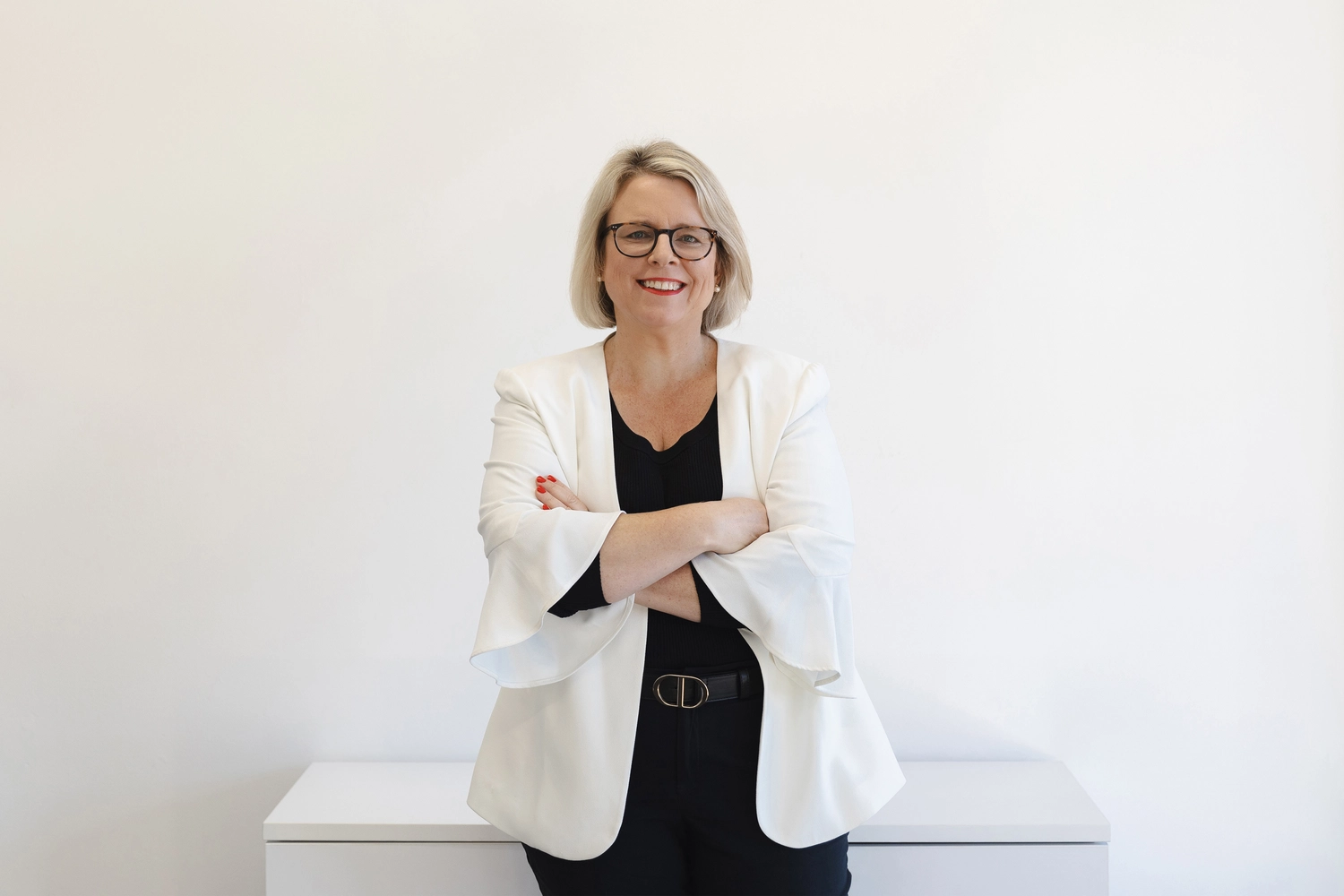Costs– a critical part of any development project. Council fees are part of this, but people are often confused about how much the Council fees will be. In this blog, we break this down for you.

Council deposit fee
Most Council’s work on the basis of a deposit fee, rather than a fixed fee for resource consent applications. When a resource consent application is lodged, a deposit fee is paid. This is based on an average resource consent processing fee for your application category/ type, and as a result the deposit fee required changes depending on the resource consent application type (e.g. land use, subdivision, discharge application, cross lease update, bundled application etc.). The more complicated the application and the more time likely to be required for processing, the higher the deposit fee is likely to be.
The resource consent deposit fees are detailed on the relevant Council’s website. For applications in Auckland, you can find the deposit fees here.
The deposit fee can usually be paid on-line, via your planner, or in person at a Council office. Most resource consent applications are now lodged digitally, which makes the process a lot faster and reduces double handling by different people.
Actual fee
How are your actual resource consent fees calculated? The actual processing fees are based on the actual time that Council staff spend on your specific application. The fees will start accumulating as soon as the application is lodged with the Council.
The fees include:
-
-
Time for administration staff and tasks,
-
-
-
Team Leader time for reviewing and allocating the application,
-
-
-
Site visits by Council specialists (not all will visit the site),
-
-
-
Communications with your agent, other Council specialists and planning assessments by the Council Planner,
-
-
-
Report writing by the Council Planner,
-
-
-
Communications and assessments by Council specialists,
-
-
-
Time associated with Team Leader review and decision making.
-
The costs are calculated on an hourly rate basis depending on the technical levels of the Council specialists involved (more experienced specialists are charged at a higher hourly rate). With hourly rates ranging from $174 (graduate/ entry level specialists) to $210 (Team Leader, Principals etc.)[1] the overall fees can quickly mount up. To reduce Council time and therefore costs, you should prepare a thorough application using appropriate specialists. This reduces the actual time Council staff have to spend on your application and your costs.

Your final resource consent invoice will also usually include pre- payment for at least one Council monitoring visit.
It is important to note that Councils review and adjust (usually increases) their staff hourly rates each year around June and the deposit fees often change accordingly. This information can be found in the Council’s Annual Plan.
Invoicing
Often you will receive invoices as the application progresses. Once the resource consent decision is made, you will receive a final invoice from the Council. If the actual cost exceeds the deposit amount (which is often the case) the final invoice will show the additional cost and the payment required.
Sometimes you may receive a refund if the resource consent deposit fee has not been fully used. In these cases, the Council will contact you or your Planner, to arrange for a refund to be made.
Unreasonable costs?
If you think the fees for your application are not fair or reasonable you can formally dispute your costs. This is usually done by a formal objection under the Resource Management Act. You will need to do this within 15 working days after you receive the invoice. You do need to consider your side of the processing also- was your resource consent application thorough, did you engage the right specialists, were questions and assessment requested by the Council fair and reasonable and did you provide thorough responses to this? All this can affect the time required by the Council to assess your application.
How to reduce council processing fees?
It is important to choose suitably qualified and experienced specialists to assist you in designing your proposal and preparing thorough assessments before lodging your resource consent application with the Council. We’ll talk about this in more detail in next week’s blog.
The Planning Plus team are all qualified Planners with a wide range of resource consenting experience, including urban, rural and commercial development and subdivision. We also have a wide network of industry contacts to make sure you get the right advice at the right time.
Get in touch and we will guide you through your resource consent application process.
Want to know more?
If you have a project in mind, get in contact on hello@planningplus.co.nz or (09) 427 9966. You can also follow our weekly blogs for more free information on reducing resource consent related costs. Find out more from our future blogs here – www.planningplus.co.nz.

Claire is an Intermediate Planner at Planning Plus™ and has 6 years of experience in resource consenting. Claire has been involved various projects which include the preparation and assessment of resource consents for residential developments and subdivisions consents.
Claire holds the qualification of Bachelor of Urban Planning (Honours) and is an Intermediate Member of the New Zealand Planning Institute.
In addition to her planning expertise, Claire is also fluent in English, Mandarin and Cantonese.
Disclaimer
As with all our blogs this information is preliminary in nature only and we have used our best endeavours to ensure it is correct at the time of writing. It is not intended to substitute for your own investigations or obtaining specific advice on your proposal from professionals. Planning Plus LtdTM is not liable in any way for any errors or omissions.
© Planning Plus Ltd 2024
[1] Auckland based hourly rates, as at November 2022


